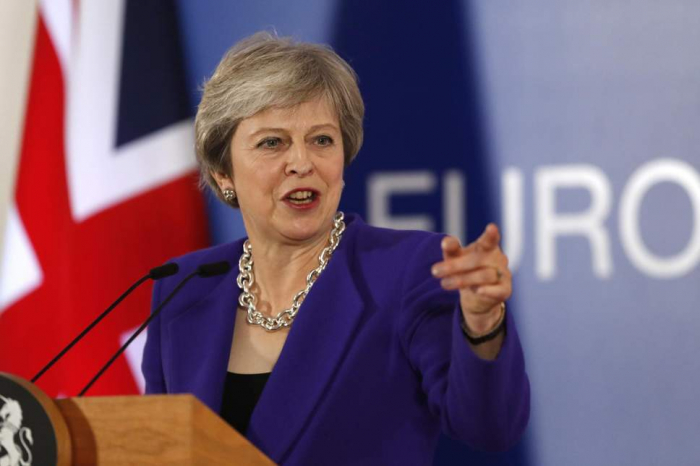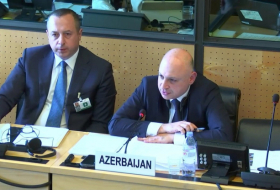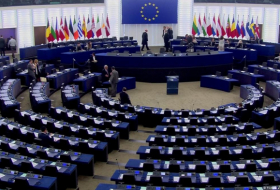She will use a speech on Monday to warn that Parliament is more likely to block Brexit than let the UK leave with no deal.
Mrs May will add that trust in politics will suffer "catastrophic harm" if the referendum result is not implemented.
Labour has vowed to table a vote of no confidence if Mrs May loses.
Its leader Jeremy Corbyn said Labour would vote against the deal and would start moves to trigger a general election if it is voted down.
He told the BBC's Andrew Marr show: "We will table a motion of no confidence in the government at a time of our choosing, but it's going to be soon, don't worry about it."
Mrs May's speech comes amid reports MPs plan to take control of Brexit if her deal is defeated.
About 100 Conservative MPs, and the Democratic Unionist Party's 10 MPs, are currently expected to join Labour and the other opposition parties in voting against the deal.
Speaking to factory workers, Mrs May will say on Monday: "As we have seen over the last few weeks, there are some in Westminster who would wish to delay or even stop Brexit and who will use every device available to them to do so."
She is to add that she now believes MPs blocking Brexit is more likely than a no-deal scenario.
Mrs May will say: "I ask MPs to consider the consequences of their actions on the faith of the British people in our democracy.
"Imagine if an anti-devolution House of Commons had said to the people of Scotland or Wales that despite voting in favour of a devolved legislature, Parliament knew better and would overrule them. Or else force them to vote again.
"What if we found ourselves in a situation where Parliament tried to take the UK out of the EU in opposition to a remain vote?
"People's faith in the democratic process and their politicians would suffer catastrophic harm. We all have a duty to implement the result of the referendum."
She is to give the example of the Welsh devolution referendum in 1997, when people voted by a margin of 0.3% to create the Welsh Assembly, arguing: "That result was accepted by both sides and the popular legitimacy of that institution has never seriously been questioned.
"Parliament understood this fact when it voted overwhelmingly to trigger Article 50. And both major parties did so too when they stood on election manifestos in 2017 that pledged to honour the result of the referendum."
The UK will leave the EU on Friday 29 March unless MPs vote to delay or cancel Brexit.
More about: UK Brexit Theresa-May
















































